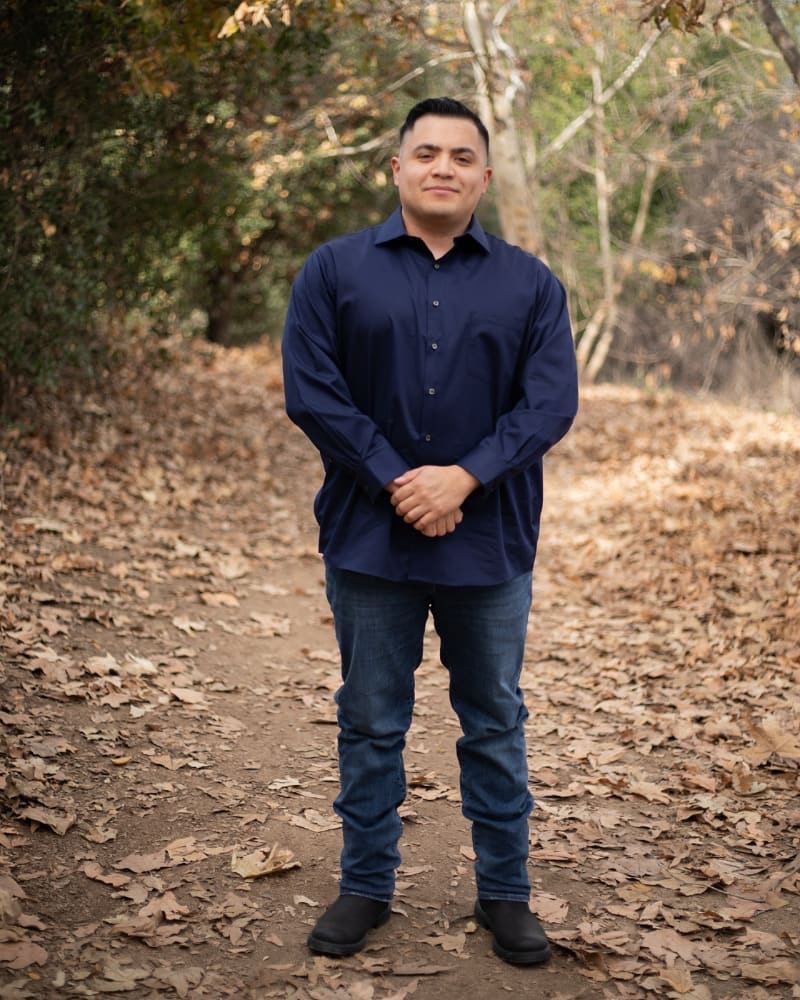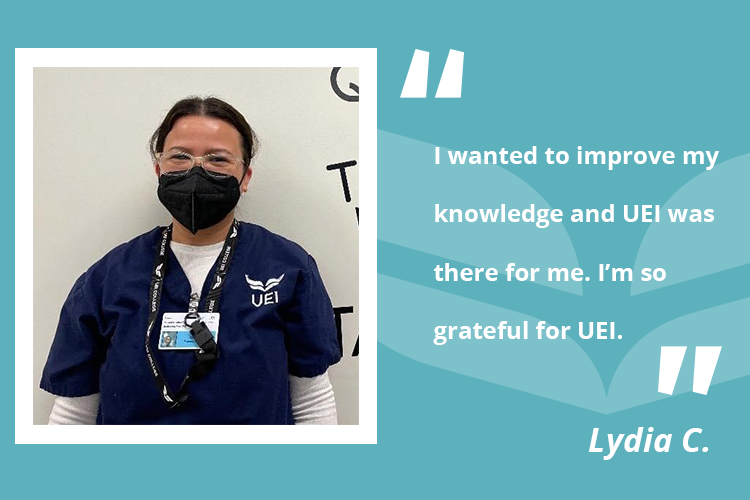REQUEST MORE INFORMATION
Ready to Make a Change? Get Started Today! Book a Campus Tour >
The role of a pharmacy technician is very rewarding and is also vital to the success of a retail or hospital pharmacy. In addition to answering calls, managing inventory, submitting insurance claims, and filing paperwork, pharmacy technicians work hands-on alongside pharmacists to prepare prescription medication orders and ensure the safe delivery of medications to patients.
Some patients require specialized medications, which are among the most difficult to prepare. Pharmacy technicians have the training to help, even when medications require a special preparation process known as compounding.
If you are curious about the process of creating customized medications for patients and wondering if pharmacy technicians are able to help in this process, read on to learn more about the sterile and non-sterile compounding of medications.
If you're interested in becoming a Pharmacy Technician, consider enrolling in UEI College's Pharmacy Technician Program!
Can Pharmacy Technicians Compound Medications?
Yes, pharmacy technicians can perform sterile and non-sterile compounding of medications under the direct supervision of a pharmacist. Compounding must be ordered by a physician and carried out with extra caution.
For example, in California, pharmacy technicians are allowed to compound medications as long as they are working under the direct supervision of a pharmacist. The pharmacist must be physically present in the pharmacy and oversee the compounding process.
Pharmacy technicians are responsible for preparing and measuring the necessary ingredients, mixing them according to the formulation provided by the pharmacist, and ensuring the accuracy and quality of the compounded medication. They must follow all the applicable laws, regulations, and guidelines related to compounding practices and maintain a high standard of safety and quality.
It's important to note that the scope of practice for pharmacy technicians, including compounding, may vary by state. Therefore, it's always recommended to consult the specific regulations and guidelines set by the California State Board of Pharmacy to ensure compliance with the latest requirements.
Let's Explore Sterile and Non-sterile Compounding
Sterile compounding is the process used for medications that are given through an IV, injections, or directly into the eye. These medications go directly into the bloodstream and therefore hold a higher chance of causing an infection. A sterile environment is necessary to prevent this. Pharmacists preparing sterile compounding need to wear extra protective equipment like gloves, masks, goggles, and even robes.
Non-Sterile compounding is for products like pills, liquids, creams, or ointments, or products that have a slower release of the medication. These products are not prepared in a completely sterile environment, but they are still prepared under strict guidelines to ensure accurate measurements, mixing, and labeling. Pharmacy technicians who do non-sterile compounding will still learn to disinfect, sanitize and organize the equipment that is used to ensure no contamination.
Tools like a mortar and pestle, scale, spatula, and graduated cylinder may all be used for compounding medications. All of these tools need to be carefully cleaned between every use.
What can Pharmacy Technicians Do?
Pharmacy technicians have a wide variety of tasks they are responsible for within a pharmacy. They work side by side with pharmacists and help to receive and confirm prescription orders and fill those orders. They perform pharmaceutical calculations, compound medications with the use of pharmacy equipment and technology, and complete orders or double-check orders for accuracy under the direct supervision of a pharmacist.
Pharmacy technicians also help with administrative tasks like ordering products, contacting insurance companies to confirm coverage, answering telephone calls, accepting payment, and helping with organizing and cleaning.
Pharmacy technicians require excellent customer service skills, attention to detail, and strong professional ethics. Pharmacy technicians just starting out may work in a retail or hospital pharmacy but, with additional training and experience, may have opportunities to work in a variety of pharmaceutical environments.
Become a Pharmacy Technician With UEI College
UEI College's Pharmacy Technician Program can be completed in as few as ten months, putting you on a path to a rewarding career as a pharmacy technician.
If you enjoy helping people and have an interest in biology, chemistry, and pharmaceuticals, this career would be an excellent fit. You can tour our classrooms today and see how our hands-on programming sets students up for success in an entry-level position.
If you are ready to jumpstart your career, give us a call today or fill out a form to enroll in the Pharmacy Tech Program.





